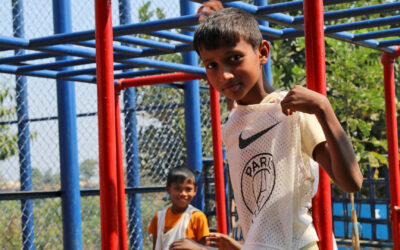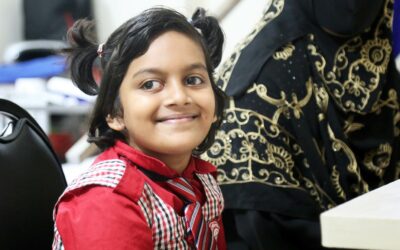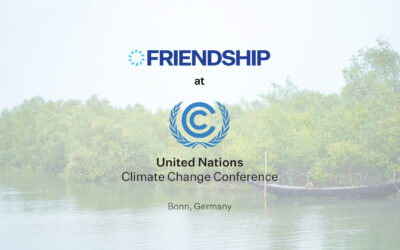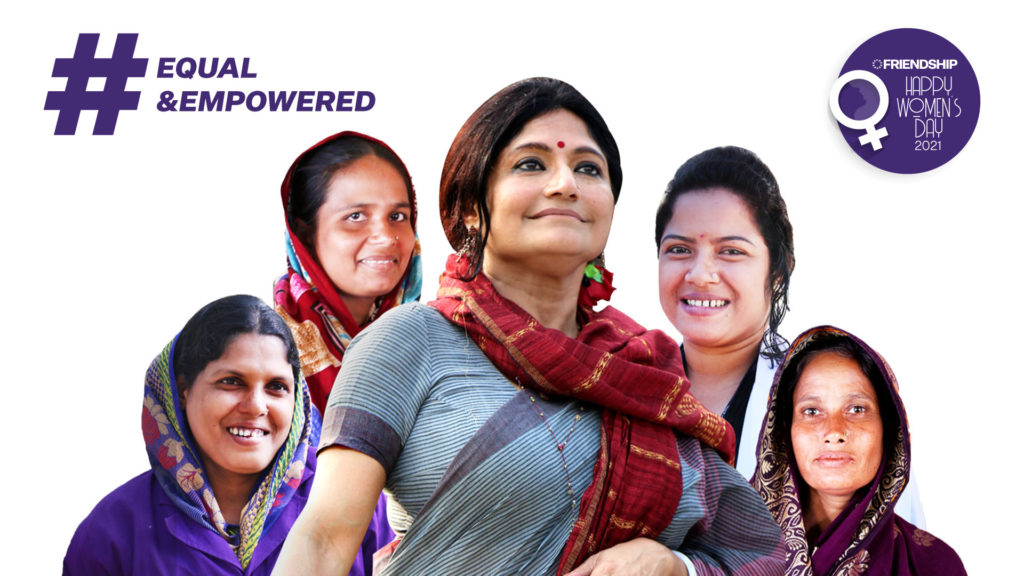
by RUNA KHAN
March 14, 2021
Empowered women are all around us. If we just look beyond the narrow, domestic role that even today, most societies assign us, we find that every woman has within her, incredible dignity, courage and resilience in the face of adversity.
For example, take Sabina from the remote island of Fechka on the Brahmaputra river. Her husband abused and beat her, and then abandoned her and her child, and moved away to Dhaka, the capital.
Sabina fought to recover her dues from him. She trained in sewing and learned to support herself. Today, she earns three times what her husband did. “I take care of my parents and my child eats well and goes to school,” she told me.
Or take Ratna from Sonatola in Bogra. She had a fistula—a condition often caused by childbirth, making her unable to control urine flow. Her husband left her because of her condition. Poor to begin with, she became a pariah. Even with these circumstances, Ratna fought to have the fistula operated. She regained her health and her social standing, and now works and earns her own living. “I do not need to remarry,” she tells us.
Where do Sabina and Ratna get their strength from?
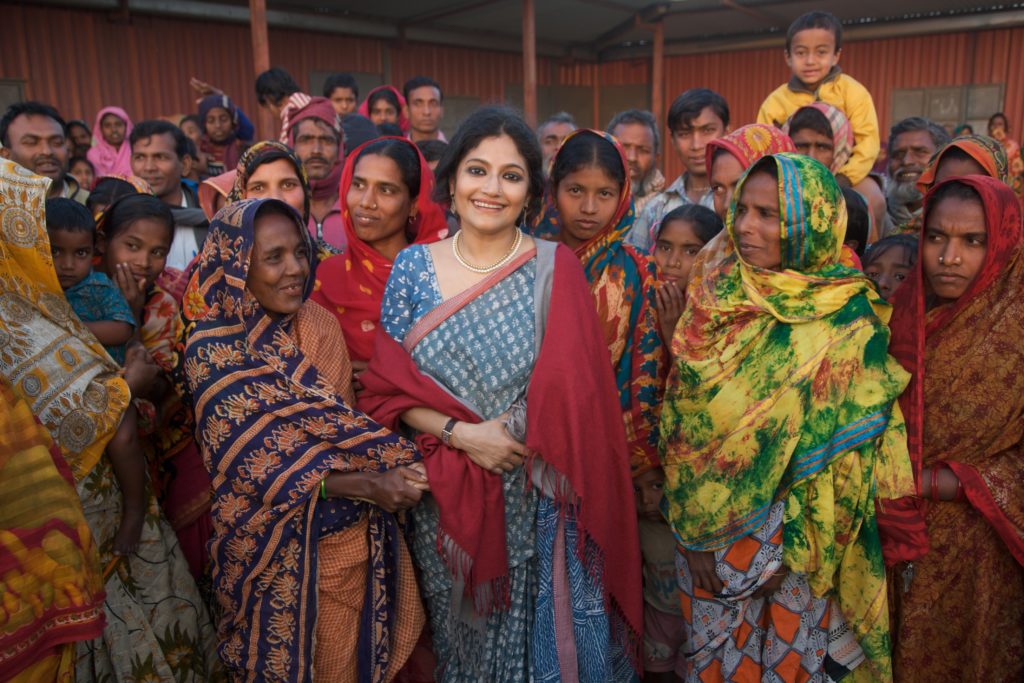
When I started Friendship 20 years ago, I encountered deep-seated social stigma against women everyday in my work. People from all backgrounds had difficulty believing that I could build the first floating hospital of its kind, implement health care systems and design a development model in such remote areas where nobody else was able to. Progressive and accomplished men would assume that there was a man behind me doing all the work. I faced condescension and scepticism in the development sector, the government and my own social circle, where my vision was seen as an indulgence—a mere whim that I would “get over.”
Each challenge I faced as a woman made me think; if my challenge for acceptance was this difficult despite the privileges available to me, then what must those that I wish to serve, confront every day?
But women change their own role in their society. We, at Friendship, only need to provide a little help and fill gaps—training in livestock rearing, agriculture, weaving, sewing or essential skills in marketing, selling and distribution. Or perhaps, learning to liaise with the various government sectors so that they can demand their rights as citizens.
Working in philanthropy means funds are always limited and resources must be utilised frugally. A woman must rely on her courage and efficiency every day. I believe that women are the strongest force for bringing long-term impact into a community.
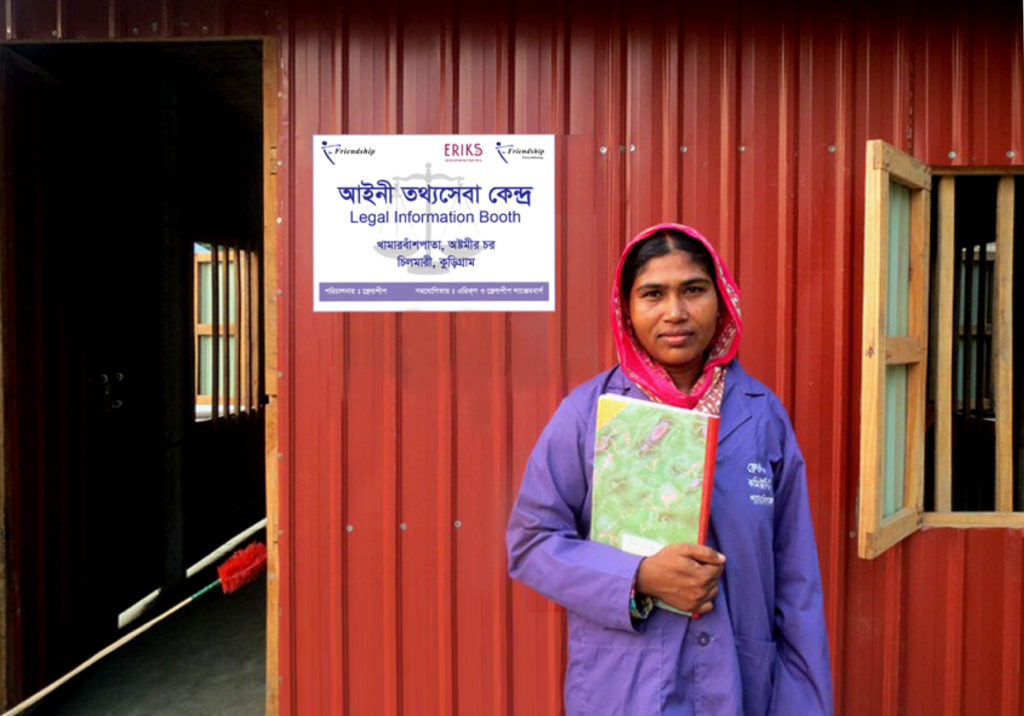
We find women can perform transformative roles while working under the most challenging, excruciating circumstances where others give up. We come across thousands of Sabinas and Ratnas, and in them, we see humankind at its very best.
Women face harassment and inequity in pay. People doubt our abilities. Our humility, kindness and generosity of spirit are misconstrued as weakness.
I introduced Friendship’s three-tier health system which includes floating hospitals, satellite clinics and trained Friendship Community Medic-aides (FCMs), that serve over 150,000 men, women and children every month. The FCMs are our female community health workers living and working in areas where there are no health services.
The FCMs receive basic medical and field training and advanced training for treatable conditions and diseases. They also sell medicine and basic hygiene products to the communities within the protocols of the World Health Organization and the Government of Bangladesh. Thus, they ensure essential services to the communities, but also generate income for themselves.
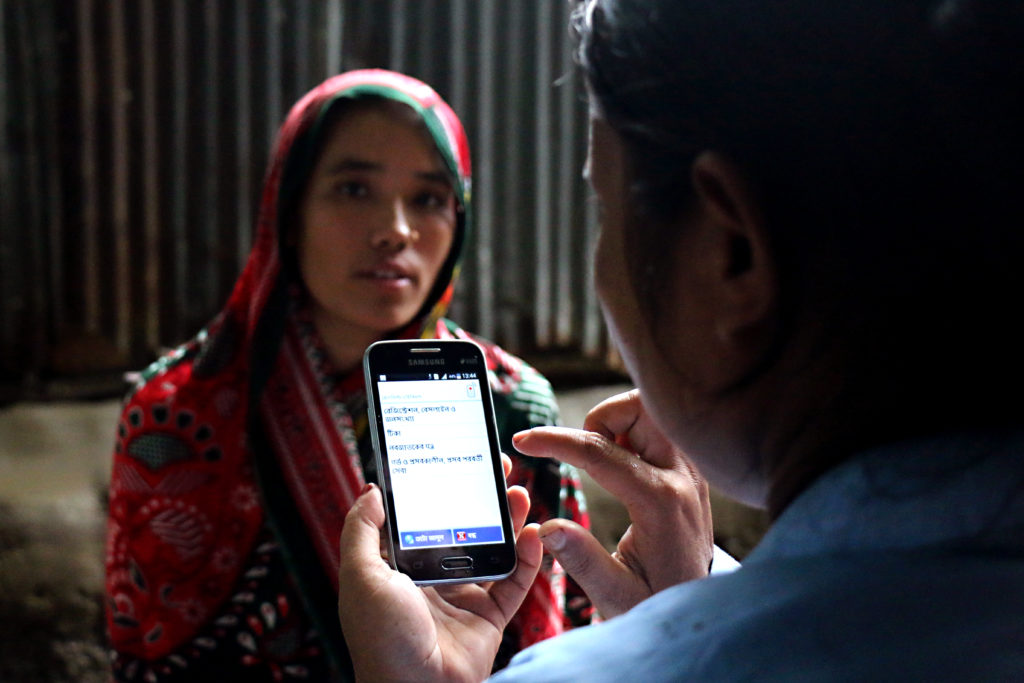
These women are respected and empowered and they help empower others. They earn a living and know where to seek out basic services, so that they can be self-sufficient when Friendship is no longer around.
The same principles apply with our teachers and paralegals. We provide basic training that empowers them to provide necessary services to their communities.
And then they turn out to be natural leaders. Twenty years of experience in development has shown us this, and therefore I would like to express my support and Friendship’s support for the theme of this year’s International Women’s Day: “Women in leadership: Achieving an equal future in a Covid-19 world.”

